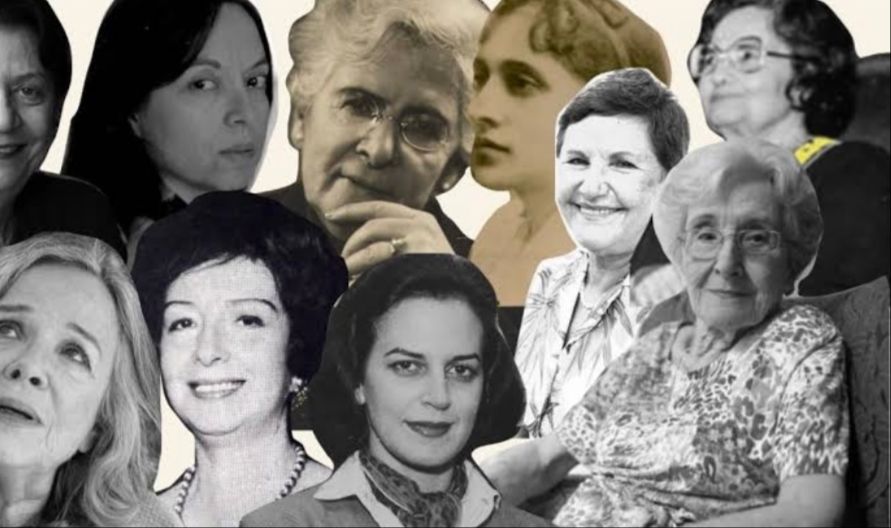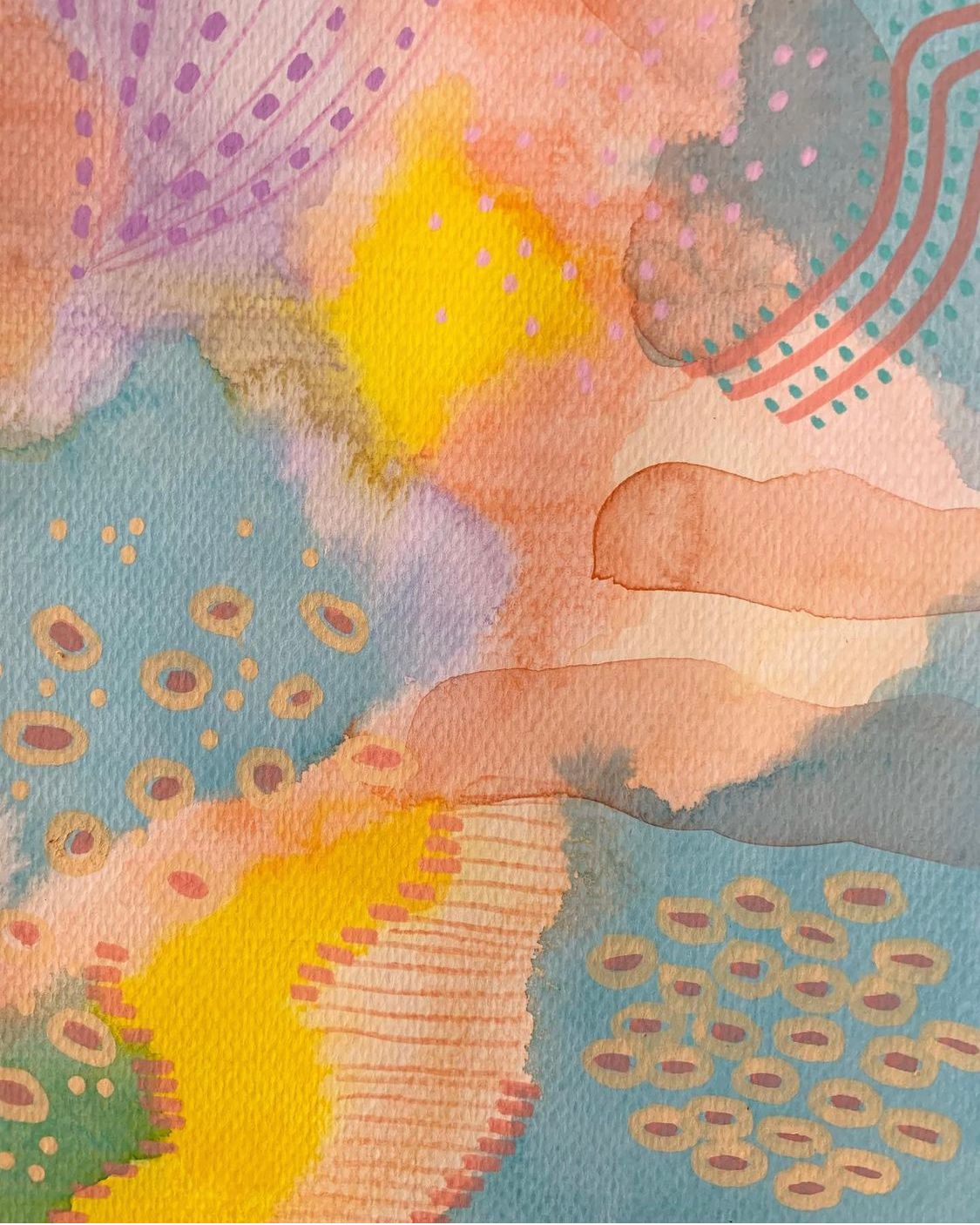"Automatic writing" is a writing method created by André Breton - French writer, poet and leader of the Surrealist Movement - which consists of a written production that seeks to suppress conscious thoughts of the writer, a way of letting unconscious thought flow. Breton creates this method of writing imbued with his studies in psychoanalysis, taking as a starting point the "free association", created by Freud and known as the fundamental rule of analysis. Succinctly, free association consists of Say whatever comes to mind, without any kind of judgment or criticism.
I remember years ago doing an "automatic writing" exercise proposed by a teacher; I, already under analysis, had no difficulty in throwing myself into the loose sheet of paper. But some colleagues found themselves a little blocked from engaging in the task, as some patients may also feel at the invitation to speak freely. After all, in our daily lives we are quite far from saying everything that comes to our mind and probably also far from having listeners so interested and attentive to what we say.
In my writing exercises, taken by psychoanalysis as I am, I tended to impose on myself the cadence of a automatic writing , almost as if I could use only the word that first came to mind. In other words, it seems that I have been transposing the fundamental rule of analysis to my writing. Little by little I saw that this was not quite what it was about. Sometimes it is necessary to polish the words, reorder them, find synonyms, words whose meanings are close but that keep their peculiarities, semantic subtleties capable of modifying the meaning of ideas.
My thinking is faster than my hands, and so perhaps speech, as in analysis, is still closer to the speed of thought, even if it never actually reaches it. In this sense, there may be a greater gap between what I think and write than between what I think and say, which perhaps gives more space for criticism, censorship, to act. This is because we are not in an analysis session. Still, I feel that we have approached this field, since we are choosing words and our choices always say something about us.
Inevitable to remember the text Brush from Manoel de Barros:
I wanted to do like the two men I saw sitting in the dirt brushing bones. At first I thought those men didn't hit well. Because they sat there on the ground all day brushing bones. Later I learned that those men were archaeologists. And that they did the service of brushing bones for love. And that they wanted to find in the bones traces of ancient civilizations that would be buried for centuries in that ground. I immediately thought of brushing words. Because I had read somewhere that the words were shells of ancient cries. I wanted to go after the old cries that would be stored within the words. I also knew that words have many reassembled oralities and many reassembled meanings in the body. I then wanted to brush the words to hear the first scowl of each one. To listen to the first sounds, even if they are still bigraphs. I started doing this sitting at my desk. He spent whole hours, whole days locked in his room, locked up, brushing words. Soon the class asked: what did I do all day locked in that room? I replied to them, half-dreamed, that I was brushing words. They thought I didn't hit well. So I threw the brush away (In: Invented memories).
Whether in writing or in analysis, I feel that to some extent we are always brushing words, polishing them. I hope I never throw my brush away.






